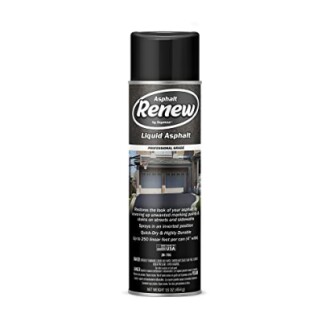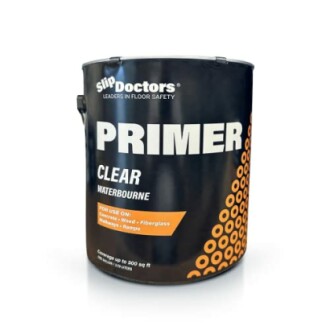
Understanding Asphalt Mixes: A Comprehensive Guide
Key Takeaways
- Different types of asphalt mixes exist, each tailored for specific applications.
- Proper selection of asphalt mixes improves durability and performance.
- Understanding application methods can lead to better results in paving projects.
Asphalt mixes are critical components in creating robust and durable surfaces. Whether you're a contractor or a DIY enthusiast, understanding the various types of asphalt mixes can significantly improve the quality of your projects. This comprehensive guide will delve into the different asphalt mixes, their applications, and practical tips for selecting and using them effectively.
Types of Asphalt Mixes
| Type of Asphalt Mix | Description | Common Applications |
|---|---|---|
| Hot Mix Asphalt (HMA) | Produced in a hot plant and transported hot; used for high-traffic areas. | Roads, highways, and urban streets. |
| Warm Mix Asphalt (WMA) | Produced at lower temperatures, reducing emissions; allows for longer hauling. | Environmental areas and urban settings. |
| Cold Mix Asphalt | Does not require heating; ideal for patching and repairs. | Pothole repairs, temporary fixes. |
| Porous Asphalt | Allows water to drain through, reducing runoff and enhancing sustainability. | Parking lots, driveways, and environmentally-sensitive areas. |
Choosing the Right Asphalt Mix
Selecting the appropriate asphalt mix depends on various factors such as traffic load, climate, and specific project requirements. Here are some tips to consider:
Tips for Choosing Asphalt Mixes
- Consider Traffic Levels: High-traffic areas often require durable HMA.
- Evaluate Weather Conditions: WMA is ideal for cooler climates.
- Determine Project Duration: For short-term repairs, cold mix is often sufficient.
- Focus on Safety: For slippery surfaces, porous asphalt can help manage drainage.
Applications of Asphalt Mixes
Understanding where each type of asphalt mix excels is crucial for optimizing their use. Below are common applications for each type:
| Type of Asphalt Mix | Ideal Application Environment |
|---|---|
| Hot Mix Asphalt (HMA) | Heavy-duty pavements such as highways and airports. |
| Warm Mix Asphalt (WMA) | Urban settings with pollution regulations. |
| Cold Mix Asphalt | Quick fixes for potholes and minor repairs. |
| Porous Asphalt | Areas prone to flooding, parks, and green spaces. |
Key Products for Asphalt Mix Applications
To achieve the best results in your asphalt projects, consider using high-quality materials. Here are a couple of products worth considering:
Seymour 20-701 Traffic Specialties Stripe Renew, Asphalt
A quick-drying and durable solution for refreshing pavement markings.
Learn MoreFor a strong foundational layer or effective sealing, consider the Clear Acrylic Paint Primer for Concrete, Asphalt and Wood Floors. It promotes better adhesion for a smooth and lasting finish.
Clear Acrylic Paint Primer for Concrete, Asphalt and Wood Floors
Designed to enhance paint adhesion on various surfaces while sealing porous materials.
Learn MoreConclusion
Understanding the various types of asphalt mixes and their applications is vital for any paving project. From hot mix asphalt for highways to cold mix for pothole repairs, making the right choice will lead to successful and durable paving results. With the right materials and techniques, you can ensure that your asphalt projects stand the test of time.
Pros
- Durability and strength with proper selection of mixes.
- Environmentally friendly options available.
- Wide range of applications for various projects.
Cons
- Initial costs can be high for premium mixes.
- Requires proper equipment for application.
- Working conditions may affect asphalt performance.
Additional Resources
For more detailed insights on asphalt paving techniques, consider exploring our resources such as:



